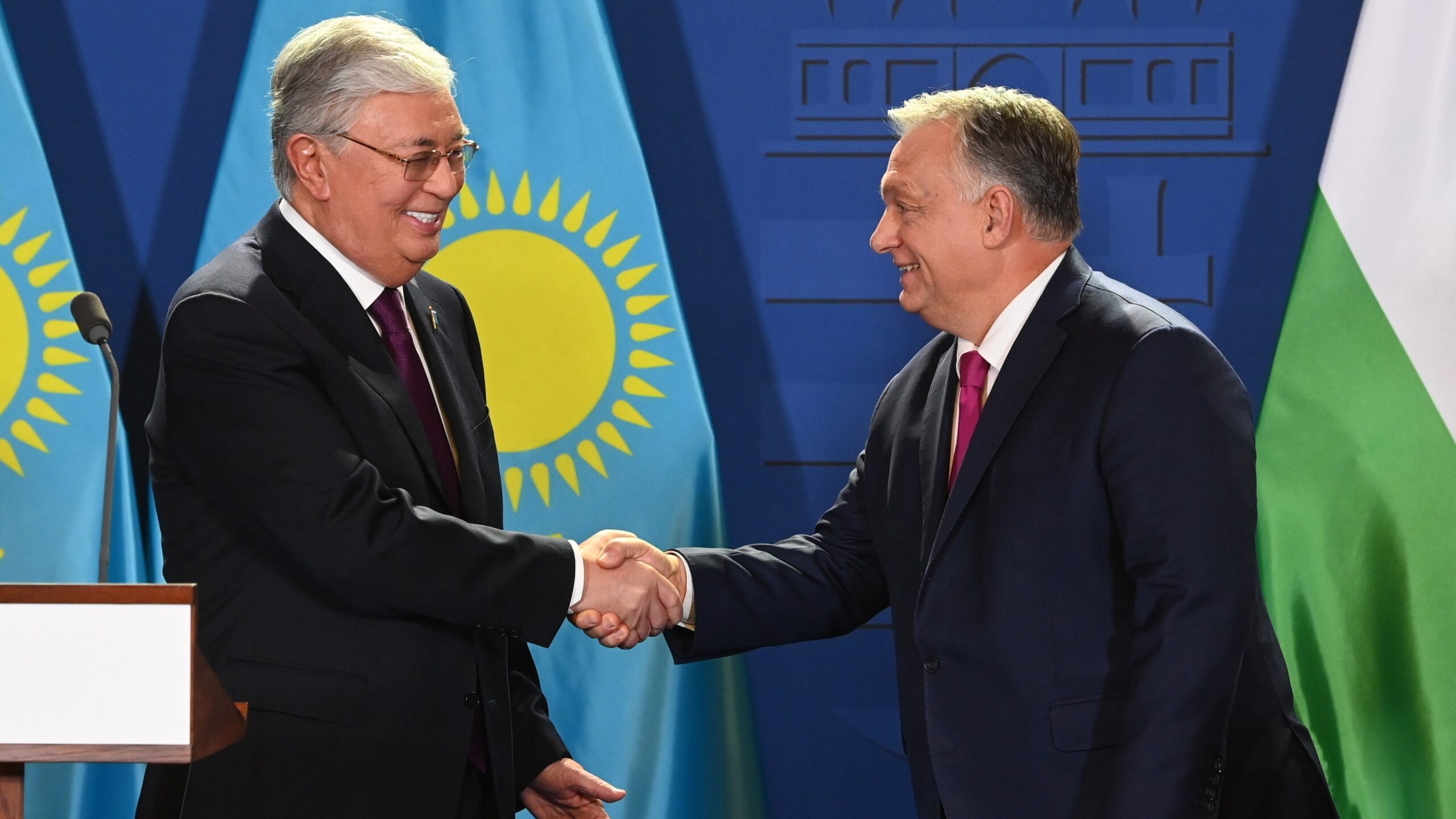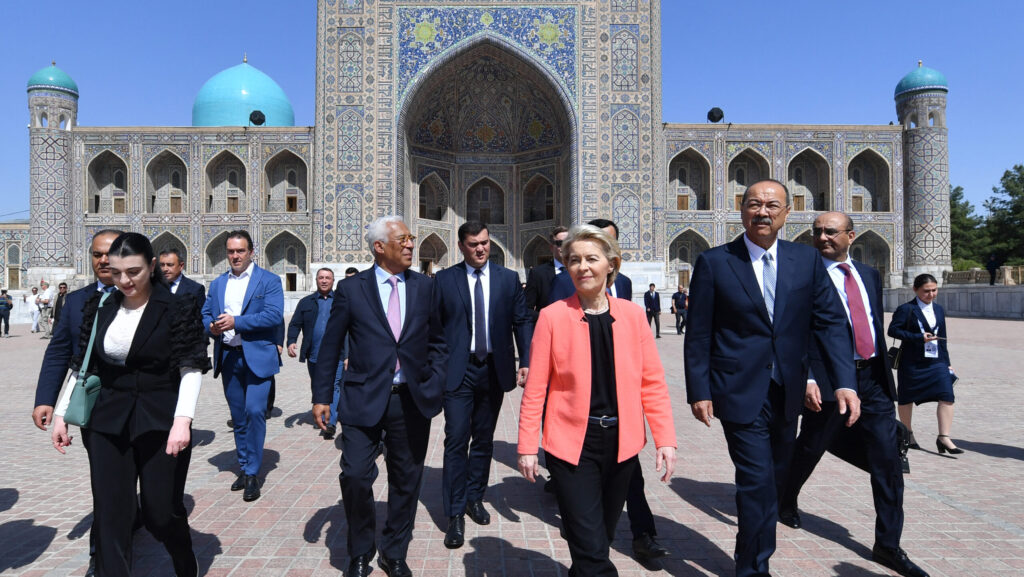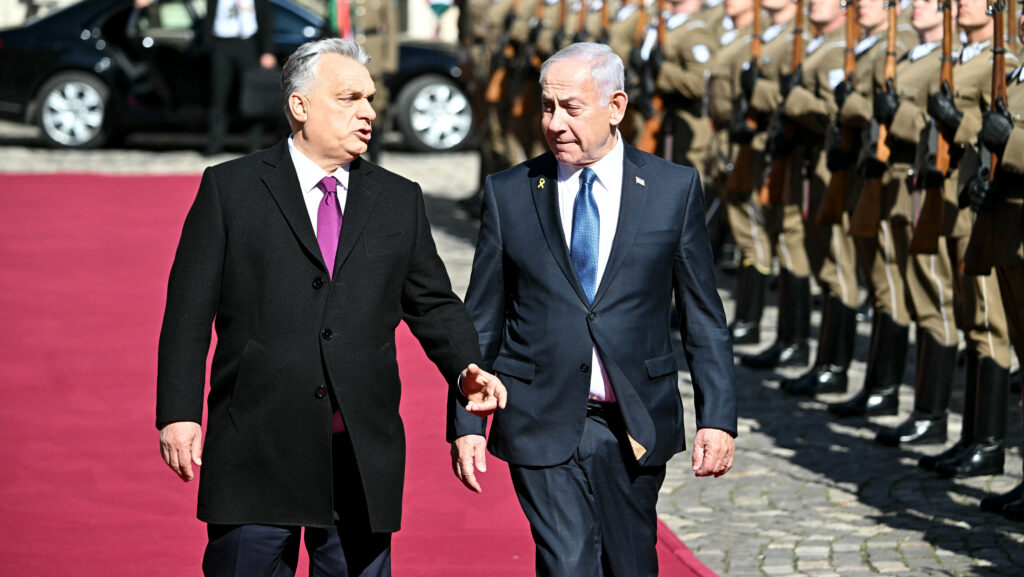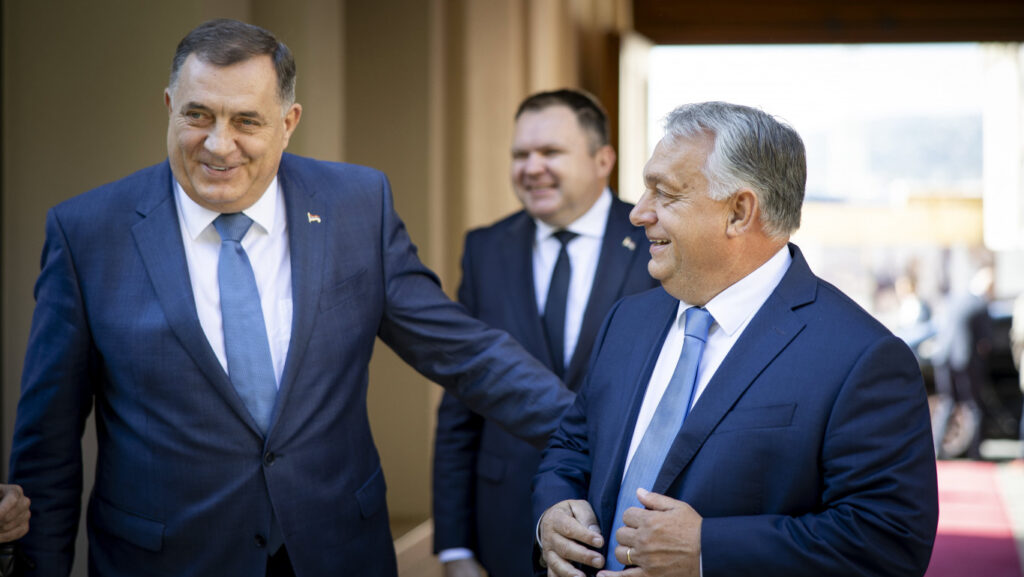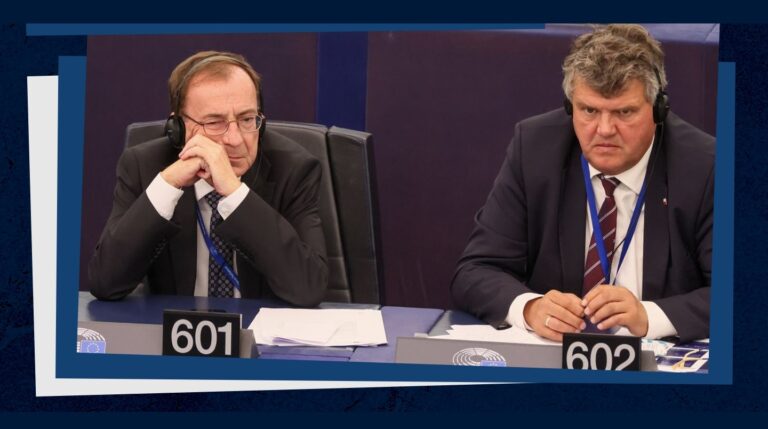As Kazakh–Hungarian relations mark their third decade, and ten years have passed since the establishment of their strategic partnership, the Kazakh president visits Budapest. This visit aims to deepen bilateral ties, enhance fruitful cooperation, and explore new opportunities for collaboration across various sectors between the two nations.
On 20 November 2024 Kassym-Jomart Tokayev, President of Kazakhstan, was officially welcomed at the Lion Courtyard of the Royal Buda Castle Castle by Hungarian Prime Minister Viktor Orbán. This event marked the start of Tokayev’s three-day official visit to Hungary. The Kazakh leader was accompanied by government ministers and representatives of Kazakh businesses, highlighting the significance of bilateral relations between the two nations.
Memorandums of Understanding Signed
Throughout the speeches, both parties referred to the relations between the two countries as friendly and brotherly, emphasizing the importance of further deepening cooperation. This sentiment was reflected in the agreements signed during the official visit. These included a Memorandum of Understanding (MoU) on cooperation between the respective Foreign Ministries, an Agreement on Cooperation between Kazakhstan’s investment holding Samruk-Kazyna and Hungary’s National Capital Holding, and an Agreement between Kazakhstan’s Ministry of Agriculture and Hungary’s UBM Group for the production of compound feeds and premixes in Kazakhstan. Additionally, an agreement was signed to expand cooperation between Kazakhstan’s KazMunayGas and Hungary’s MOL Group energy companies. Lastly, a MoU in banking was concluded between Kazakhstan’s Agency for Regulation and Development of the Financial Market and Hungary’s National Bank. These agreements demonstrate the commitment of both nations to strengthening their strategic partnership and fostering economic, energy, agricultural, and financial collaboration.

These agreements and MoUs reflect the ongoing development of the longstanding cooperation between the two countries. Such a strong partnership supports Kazakhstan’s goal, set by President Tokayev, to reach a GDP of $450 billion. In October 2024, Kazakhstan’s Prime Minister, Olzhas Bektenov, announced that Kazakhstan is on track to raise its GDP from $321 billion to $498 billion by 2029. Kazakh policymakers are focusing on transforming the country into an exporter of higher-value-added products.
Hungary is poised to play one of the key roles in this process by sharing its expertise in producing high-value-added goods. The increase in cooperation is already visible in sectors such as agriculture, energy, medicine, and education. This deepening partnership is crucial for Kazakhstan’s economic aspirations. Mutual collaboration in various fields sets the stage for future growth and greater knowledge and experience sharing.
Hungary as Key Partner of Kazakhstan
Hungary has always been a vital partner for Kazakhstan in the West. This is underscored by the fact that Hungary was among the first countries to recognize Kazakhstan’s independence, and Kazakhstan’s first embassy in Europe was established in Budapest thirty years ago. While their partnership has consistently been dynamic, it gained significant momentum with the Eastern Opening policy introduced by the Hungarian Prime Minister in 2010, and the elevation of their relations to the level of a ‘strategic partnership’ in 2014. These developments have positively impacted trade relations between the two nations.
Since 2014 bilateral trade has followed a positive trajectory, with significant growth beginning in 2019. Within less than a decade, from 2014 to 2023, the trade turnover between the two countries has doubled. During a media briefing, Kassym-Jomart Tokayev highlighted the goal of both countries to achieve a bilateral trade turnover of $1 billion. He also noted that Kazakhstan offers Hungary 95 types of goods worth over $700 million, reflecting the potential for further strengthening economic ties.
This positive dynamic is also evident in the cooperation between businesses from both countries. During his official visit, the Kazakh president attended an investment roundtable with representatives of Hungarian and Kazakh businesses. He noted that since 2005, Hungarian investments in Kazakhstan have reached $370 million, and the number of active Hungarian companies operating in Kazakhstan has exceeded 70. These figures are expected to grow further, as work is currently underway on a plan for mutual investments exceeding $540 million in fields such as mechanical engineering, agriculture, and logistics.
Hungarian companies like MOL Group and Richter Gedeon exemplify this fruitful cooperation. MOL Group, in collaboration with KazMunayGas EP and FIOC, operates through its joint company, Uralsk Oil and Gas (UOG), in the Rozhkovskoye gas-condensate field in Kazakhstan. Meanwhile, Richter Gedeon is actively contributing to the medical sector.
Hungary and Central Asia
Over the last decade, Hungary’s active involvement in the Central Asian region has been evident not only through the growth in trade turnover but also through comprehensive business engagement. As an observer state, Hungary has become an integral and active member of the Organization of Turkic States (OTS). The planning of the next informal OTS meeting in Budapest in the spring of 2025 further underscores Hungary’s significant role in the region.
The visit of the Kazakh president to Hungary, along with the warm welcome extended by the Hungarian Prime Minister, highlights the expansion of political, economic, and business relations between the two countries. These developments solidify Hungary’s position as a vital gateway between the West and the region, fostering mutual connectivity and cooperation.
Related articles:

